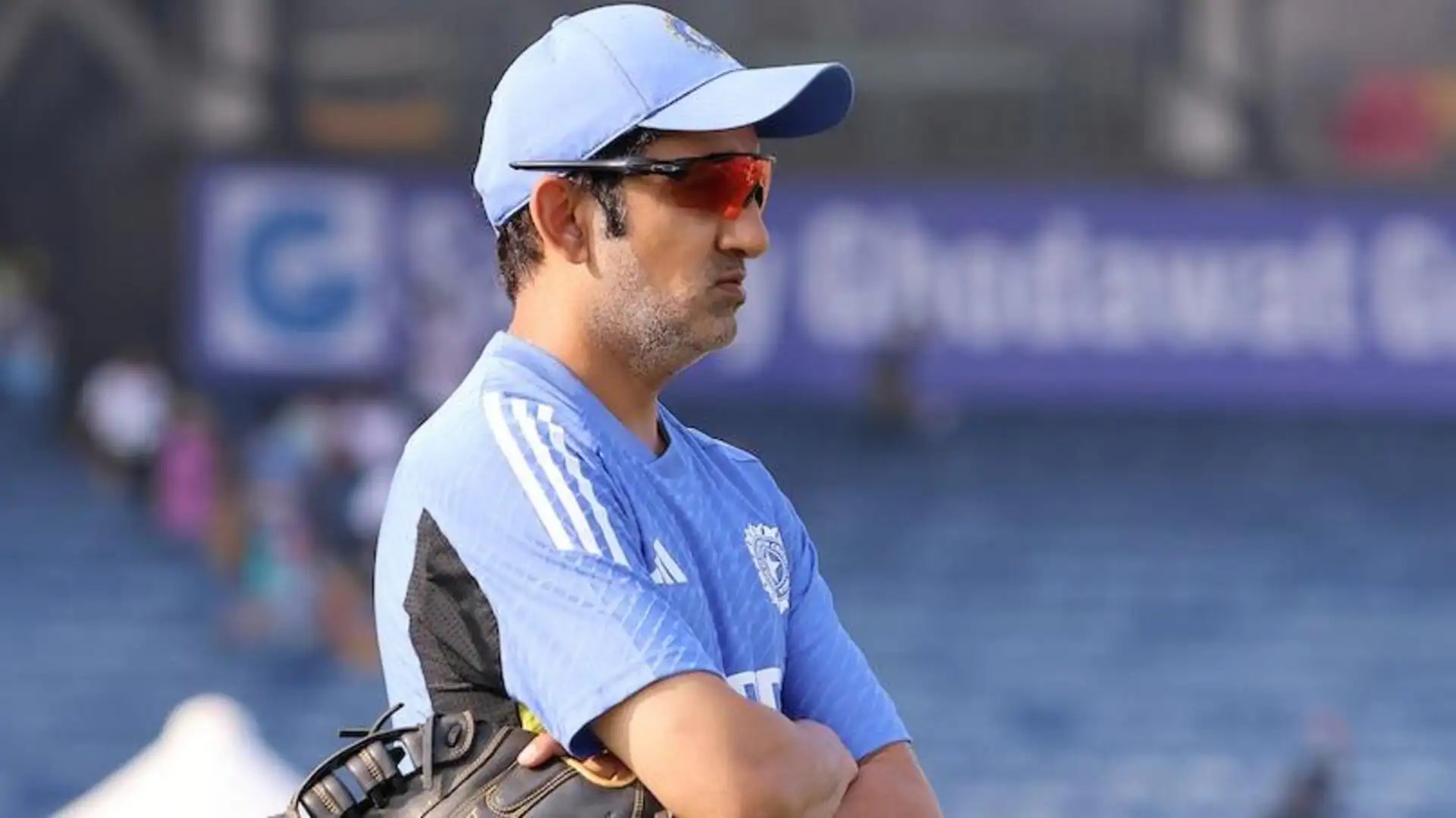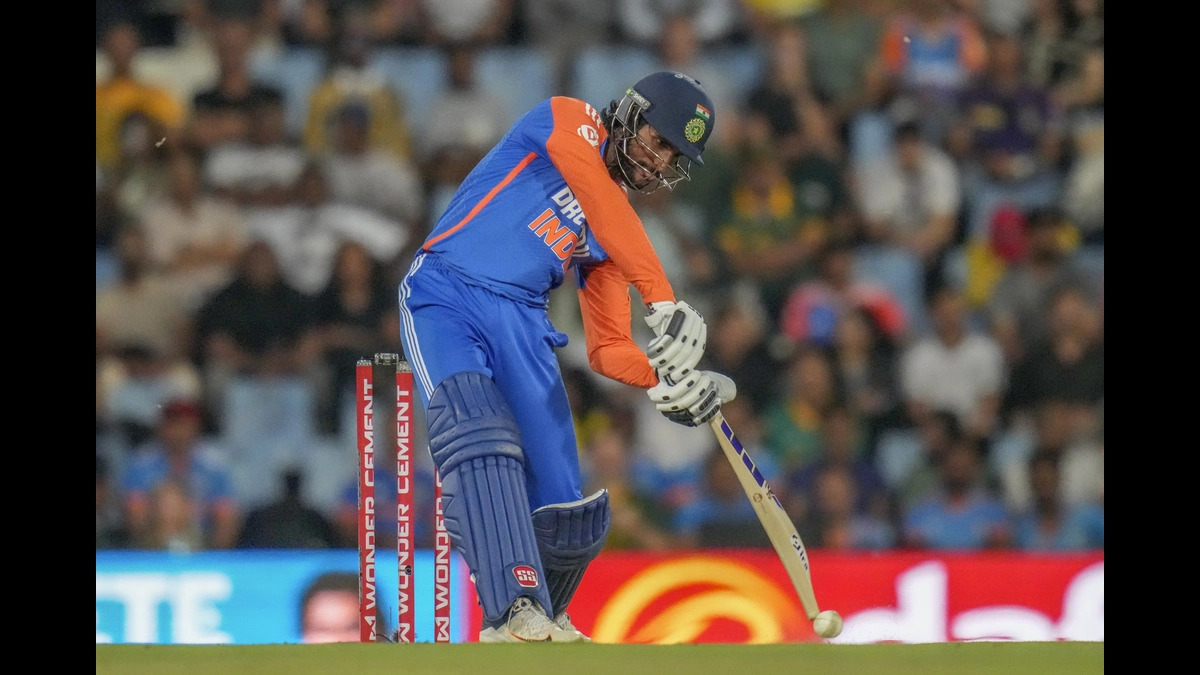If anything, the two-wicket defeat in the opening ODI of the three-match series showed how capable Pakistan was of facing the game’s unstoppable titans. The rest of the series really brought that flame to life by demonstrating that they are a serious side. Before hunting them down and losing only one and two wickets in the second and third ODIs, respectively, they bowled out the hosts for pitiful scores in both games.
Jason Gillespie, Pakistan’s temporary white-ball coach, stated that the team’s relentless bowling unit exposed several shortcomings.
In this series, we observed that our bowling revealed certain weaknesses in the Australian batting. Australians will undoubtedly try to make amends and make improvements. Good teams and players do that. According to The Sydney Morning Herald, Gillespie said, “You learn, adjust, and adapt and be ready for the next challenge.”
In light of the upcoming Border-Gavaskar Trophy, Gillespie also acknowledged that he anticipated the Australian think tank to bench some of their top players.
We expected it, and that’s just the way contemporary cricket works. It’s the responsibility of coaches and selectors to handle their players as effectively as possible. It was Australia’s preference. Gillespie said, “It was fairly clear that this three-match, one-day series wasn’t Australia’s top priority.”
It is not feasible to have players participate in every international match. Jason Gillespie,
On the other hand, acknowledged the predicament of the Australian management and did not hold them accountable for the decision they made regarding their well-known players.
“You want your players healthy and ready for as much international cricket as possible, therefore it’s imperative that you take the best care of and manage them as well as you can. Sometimes you have to manage some guys. “I don’t think it’s sustainable to have players play every international that’s scheduled, and you burn players out very quickly,” he said.
Also Read: Cooper Connolly out of Pakistan’s T20Is due to a hand injury
Interestingly, Pakistan’s powerful pace three caused havoc among the host team’s hitters, taking 23 of the 27 Australian wickets that fell during the series.














 Win Projections to be updated soon
Win Projections to be updated soon












